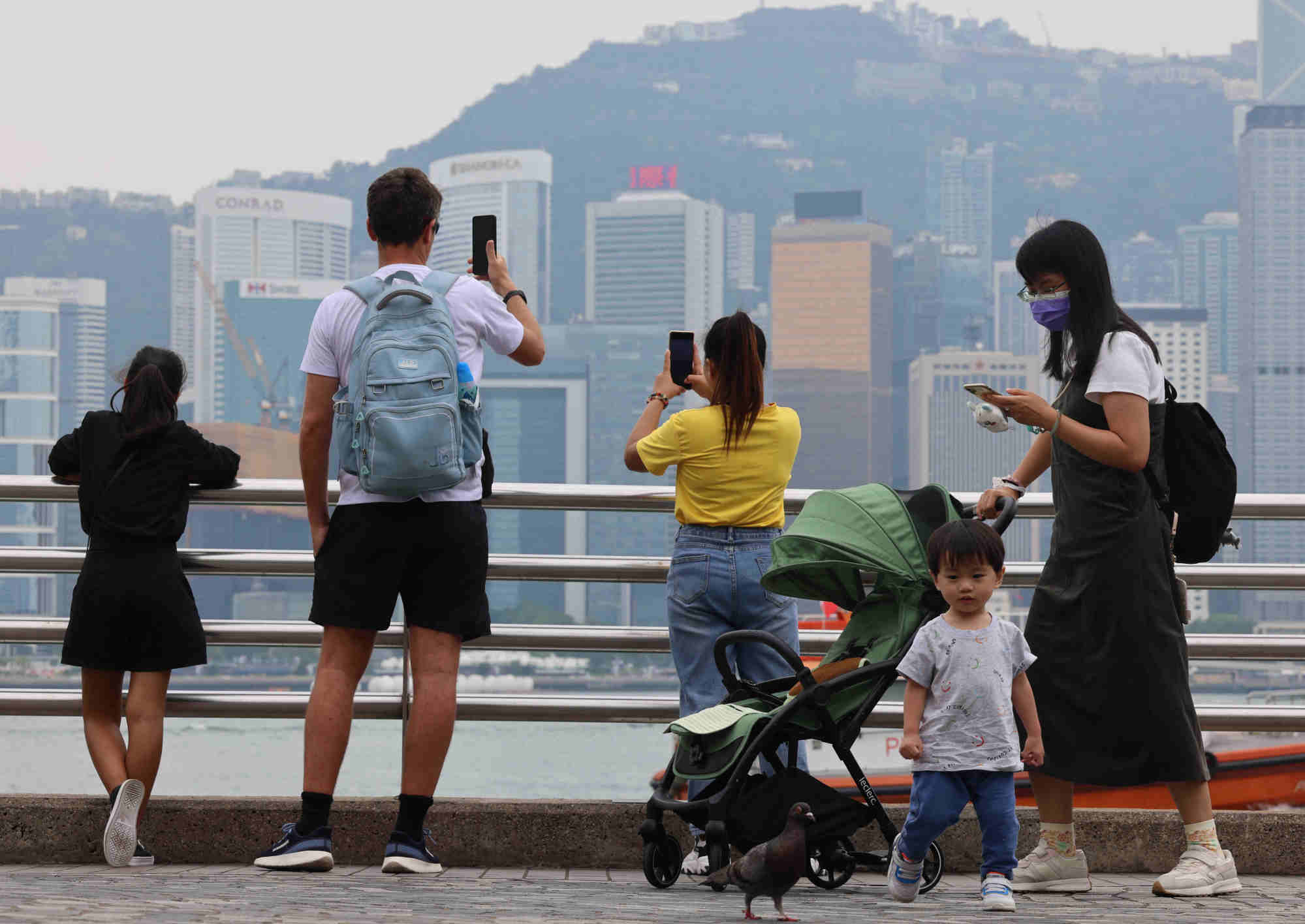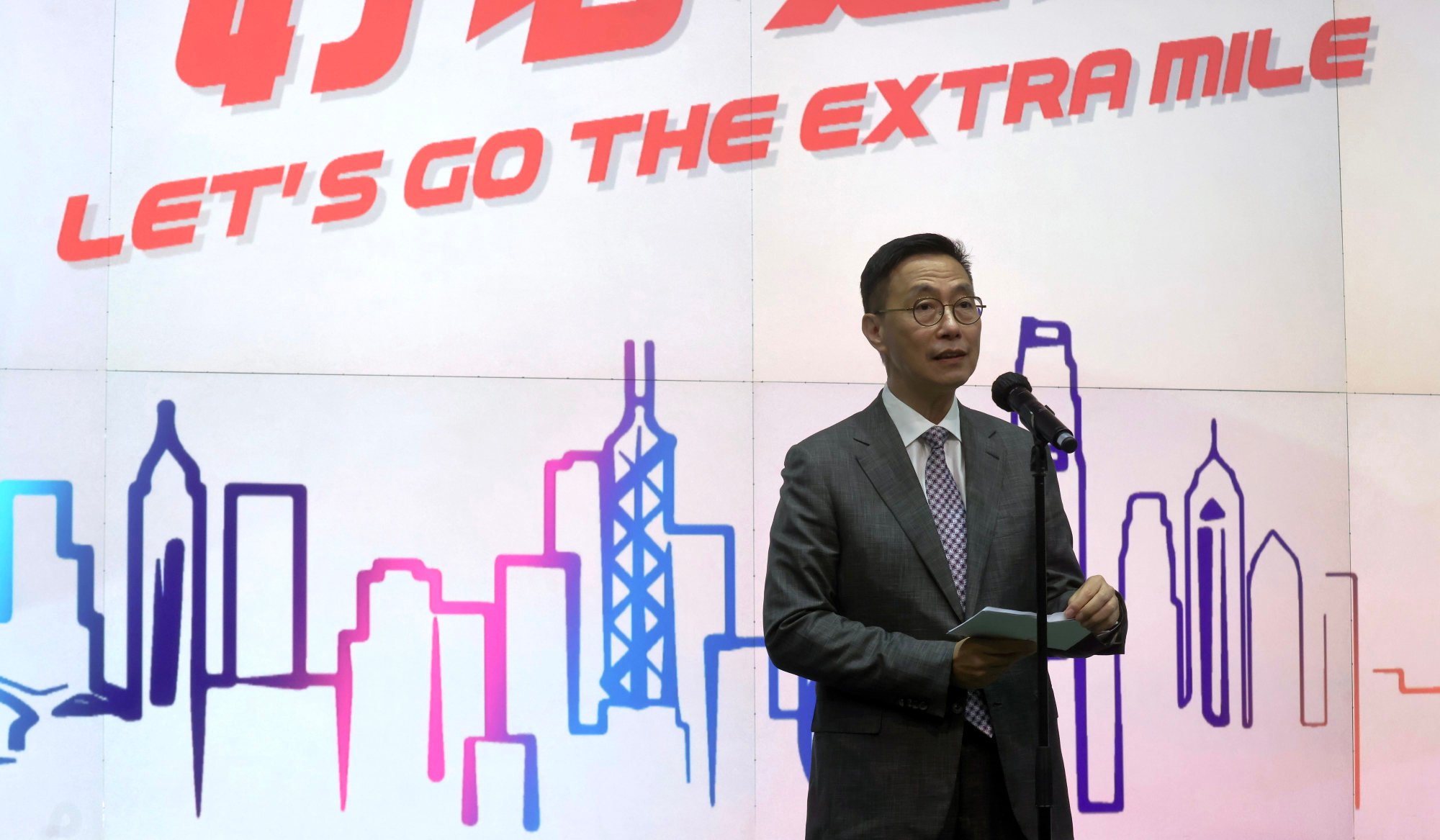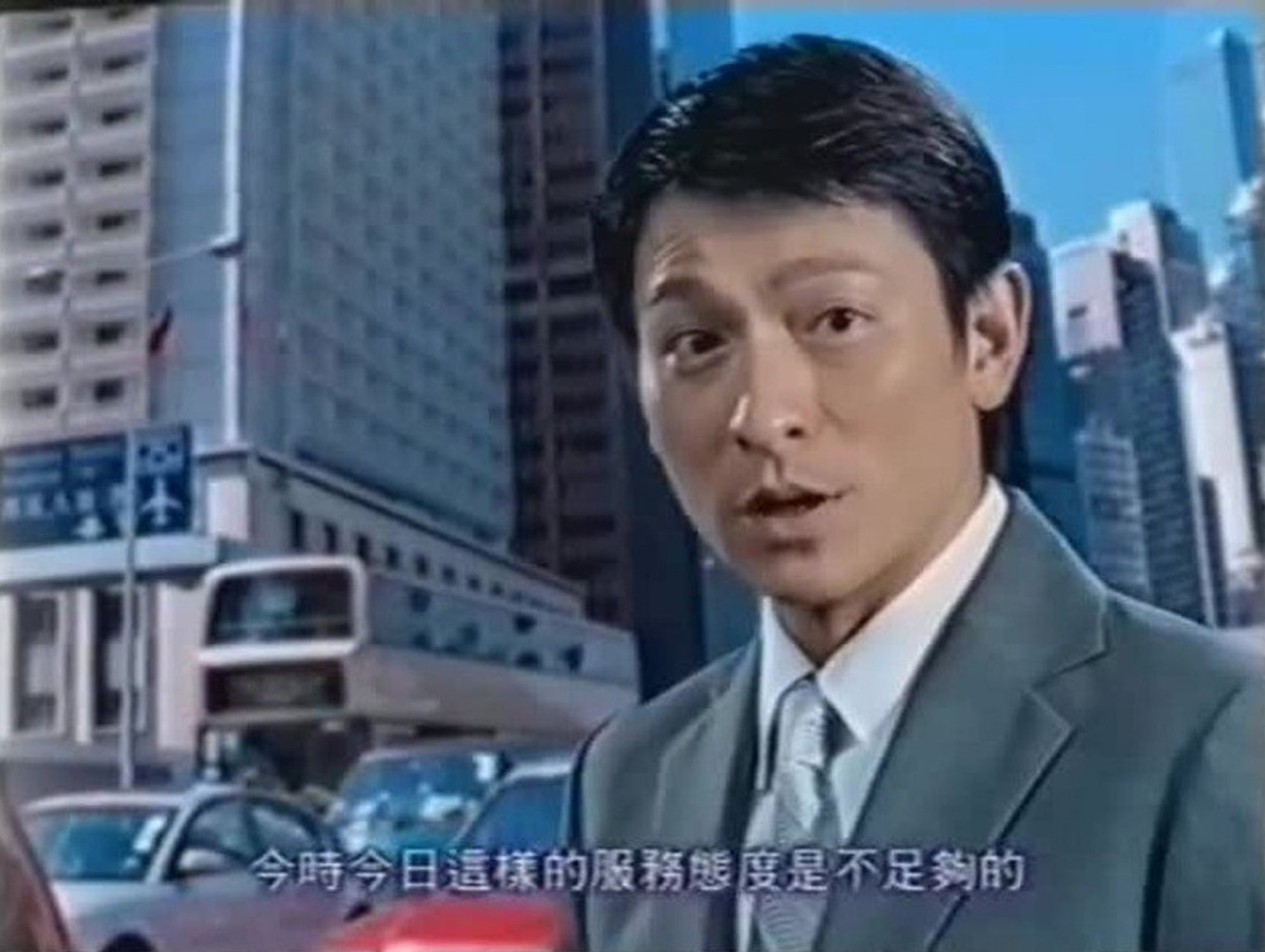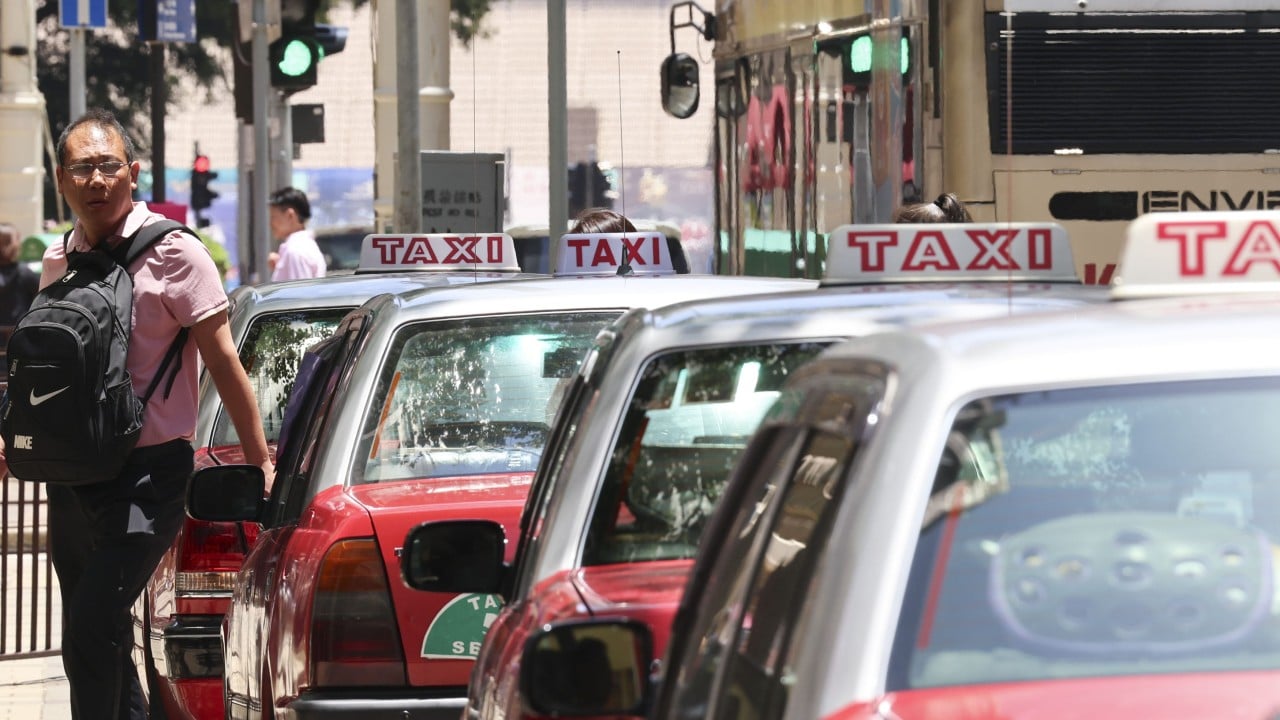Can Hong Kong’s dining, retail, taxi services learn to be polite? What can they copy from Singapore’s courtesy campaigns? Analysts say training matters
Hong Kong’s courtesy campaigns must include proper education for residents and extended training for industry players on how to make being polite part of their social DNA, analysts assessing the city’s history and rival Singapore have said.
They added that Hong Kong’s newly launched campaign to promote good hospitality and better services to tourists is a step in the right direction, despite a lawmaker warning such a campaign might backfire by suggesting Hongkongers were impolite.
Hong Kong has recorded a significant rebound in arrivals since cross-boundary travel resumed in early 2023, with the numbers surging by 154 per cent year on year to 11.23 million in the first quarter of 2024.

Last year, Hong Kong received 34 million visitors, compared with 55.9 million in 2019 and 65.1 million in 2018.
While the government has made strides in making Hong Kong more attractive to tourists with a pipeline of mega events, challenges remain when it comes to enhancing visitors’ travel experience.
Mainland visitors’ concerns of brusque treatment to the point of being rude at some restaurants as well as the city’s notorious taxi services are popular topics on Instagram-like mainland social media platform Xiaohongshu, or Little Red Book.
In a bid to clear the bad reputation, authorities launched the “Let’s go the Extra Mile” campaign on Monday.
Tourism minister Kevin Yeung Yun-hung said the new campaign sought to encourage the service industry to warmly welcome tourists.

There will also be new promotional videos to get residents to promote Hong Kong, while schools are encouraged to conduct activities to brush up students’ courtesy.
Yeung stressed the initiative was to be a long-term drive and involve all walks of life.
Similar campaigns were held in Singapore where the city state’s tourism board came up with a courtesy campaign in the 1970s to encourage Singaporeans to be more polite and friendly to tourists.
It later evolved into a national campaign to get Singaporeans to be polite to everybody.
The Lion City government took it so seriously that it set up a Singapore Courtesy Council to advise the government on ways to promote kindness among citizens.
In 2001, the courtesy campaign was subsumed under the Singapore Kindness Movement, which was launched in 1996 after the Singapore Courtesy Council was dissolved.
Chong Ja Ian, a political scientist at National University of Singapore, said that the courtesy drive in the city state was more about social efforts and collaboration across departments.
“The original courtesy campaign was about a lot of public education on what is being courteous. There was public advertising on what was then deemed courteous behaviour. In Singapore, the campaign dovetailed with other measures to clean up the city,” Chong said.
But he said a courtesy campaign needed to consider different cultural practices.
“There are complaints about Singapore too. But I suppose that Hong Kong is part of China and fuels a view that Hong Kong must be more accommodating to visitors from elsewhere on the mainland,” he said.
“Hong Kong used to do very well in attracting tourists. It offers a different type of experience from Singapore. Perhaps Hong Kong can look back at its past, including its recent past.”
Meanwhile, Hong Kong lawmaker Doreen Kong Yuk-foon was less impressed by the government’s hospitality campaign, calling it a bad marketing strategy akin to telling the world Hongkongers lacked politeness.
“[The government] spending money for this promotion to me is just like holding a loudhailer shouting ‘we are impolite’,” Kong said. “Authorities did not even think about the root cause.”
She said that the government should understand where the “rudeness” came from among service industry personnel, citing heavy workload for frontline staff because of manpower shortage.
Hong Kong has launched courtesy campaigns to attract tourists in the past.
Just after the handover in 1997, local pop stars including Andy Lau Tak-wah lent their support to the tourism authorities for a courtesy campaign, urging people in service industries to be more friendly and helpful.
Another campaign came years later, featuring Lau promoting and encouraging quality customer service. His line in the promotional footage, “Service like this just isn’t good enough in today’s business environment”, has become a byword for Hong Kong shoppers.

Economist Simon Lee Siu-Po, an honorary fellow at the Asia-Pacific Institute of Business at the Chinese University of Hong Kong, highlighted the need to keep the momentum of a campaign.
He said a citywide courtesy movement was a good start but suggested authorities offer incentives to participants to keep the momentum.
“Merely sending ambassadors to restaurants or taxi ranks to promote politeness may not be sufficient. Authorities should provide training to the industry and increase incentives to encourage them to learn and apply the knowledge for the long run,” Lee said.
“For example, the Tourism Board can provide a day-worth salary to a restaurant who sends an employee to take time to be trained as an incentive. It will be beneficial in the long run because the trained individual will become a trainer for the whole establishment and further speed the message about the importance of politeness,” he added.


